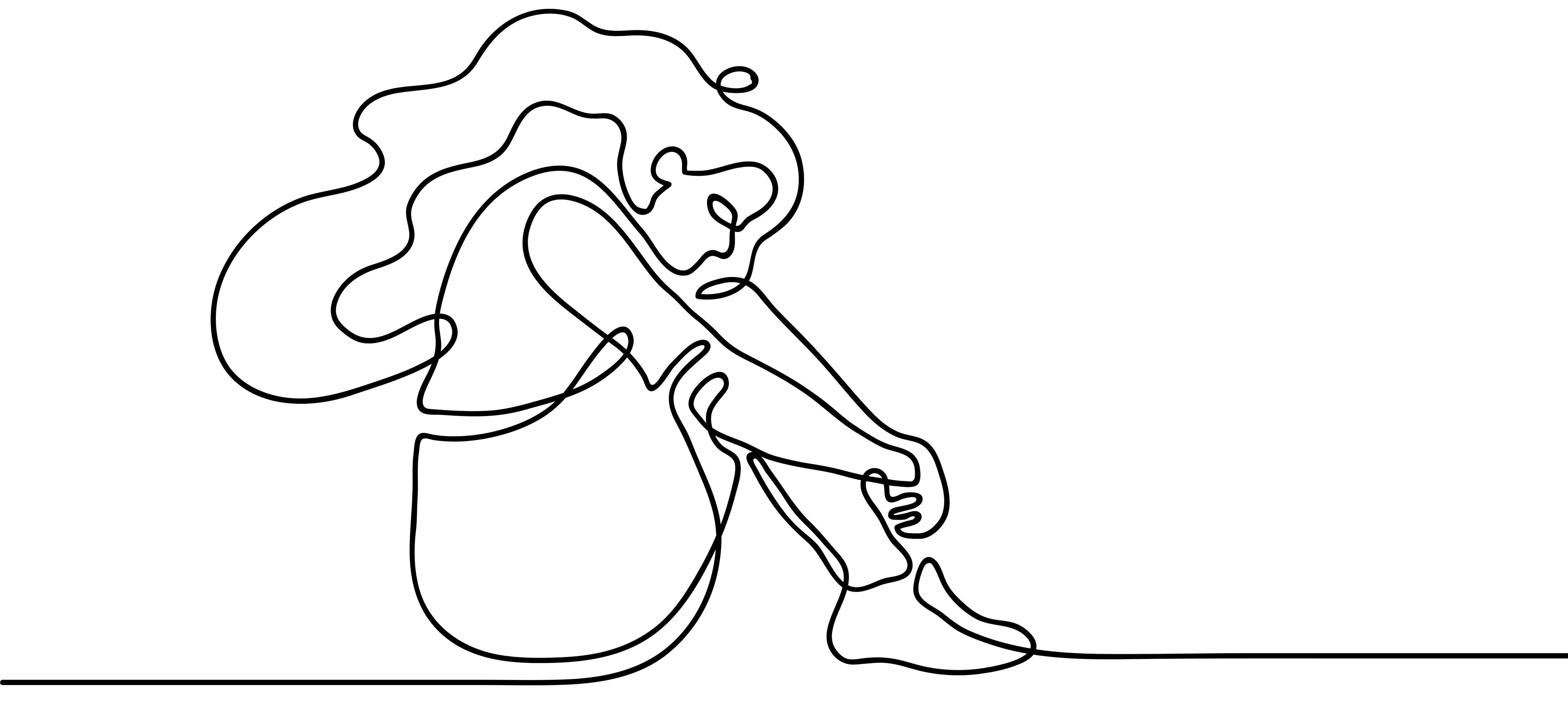G.M. et al. v. Republic of Moldova, No. 44394/15, ECtHR (Second Section), 22 November 2022

The European Court of Human Rights dealt with the right to be free from inhuman and degrading treatment in a case concerning three women with intellectual disabilities residents in a neuropsychiatric asylum, who retained full legal capacity. In G.M. et al. v. Republic of Moldova, the applicants complained that the state had been in breach of positive and negative obligations due to (1) the imposition of abortions and birth-control measures on them after they had been repeatedly raped by the head doctor; and (2) the domestic authorities’ failure to carry out effective investigations into the matter.
Notably, while the applicants claimed a violation of article 8 ECHR (right to respect for private and family life), the Court deemed appropriate to examine the complaint in the light of the prohibition of inhuman and degrading treatment, therefore under article 3 ECHR. The Court considered that the invasive medical interventions were to be understood in combination with the domestic authorities’ failure to properly analyse the question of consent and the applicants’ specific vulnerability on the basis of their gender, disability and institutionalisation. These omissions made the forced interventions, for the ECtHR, sufficiently serious to fall under the scope of article 3 (paragraph 87).
The Court found that the state had breached the prohibition of torture, inhuman and degrading treatment under article 3 ECHR in the dual perspective of substance and procedure. In the first place, the state had not established an adequate system to protect the applicants’ physical integrity, against, namely, the forced abortions of the three applicants and the contraception measure imposed on the first applicant. In the second place, the national authorities had not complied with their duty to assess the credibility of the applicants’ claims, analyse the evidence before them and identify those responsible (paragraph 102). Therefore, the domestic authorities’ investigation had not been effective, despite it having been reopened on four occasions following the applicants’ appeals.
(Comment by Giovanna Gilleri)

